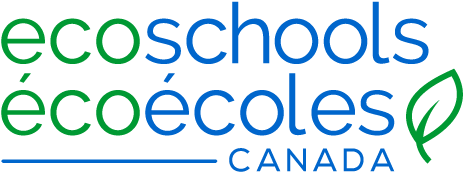Did you know that the average primary school in Canada consumes 39,000 milk and juice cartons every year? The good news is these cartons can be recycled, instead of being disposed of in the garbage. In fact, when we recycle milk, juice, and other food and beverage cartons, they are turned into new products such as tissue, printing and writing paper, and even building materials! Recycling our beverage cartons is an easy and important way to reduce our environmental footprint by conserving natural resources and saving energy.
This year, EcoSchools Canada partnered with the Carton Council of Canada to launch a new video on proper carton recycling in schools. The video, available in English (below) and French, features EcoTeam members from The Toronto French School as they explore tips and best practices for responsibly disposing of beverage cartons.
The EcoSchools program helps schools get a clear picture of their current environmental practices, and take action to reduce their environmental footprint. Through participating in EcoSchools actions like Conduct a Waste Audit and Sort Your Waste, students and educators can measure their current waste output and develop a plan to reduce the amount of waste they generate, all while connecting to regional curricula.
Carton recycling also connects to the UN Sustainable Development Goals (SDGs), more specifically SDG 11 (Sustainable Cities and Communities) and SDG 12 (Responsible Production and Consumption). Through proper recycling of drink cartons, schools can help reduce their community’s environmental impact and contribute to a more sustainable future.
To learn more about best practices for carton recycling in schools, watch the video.
